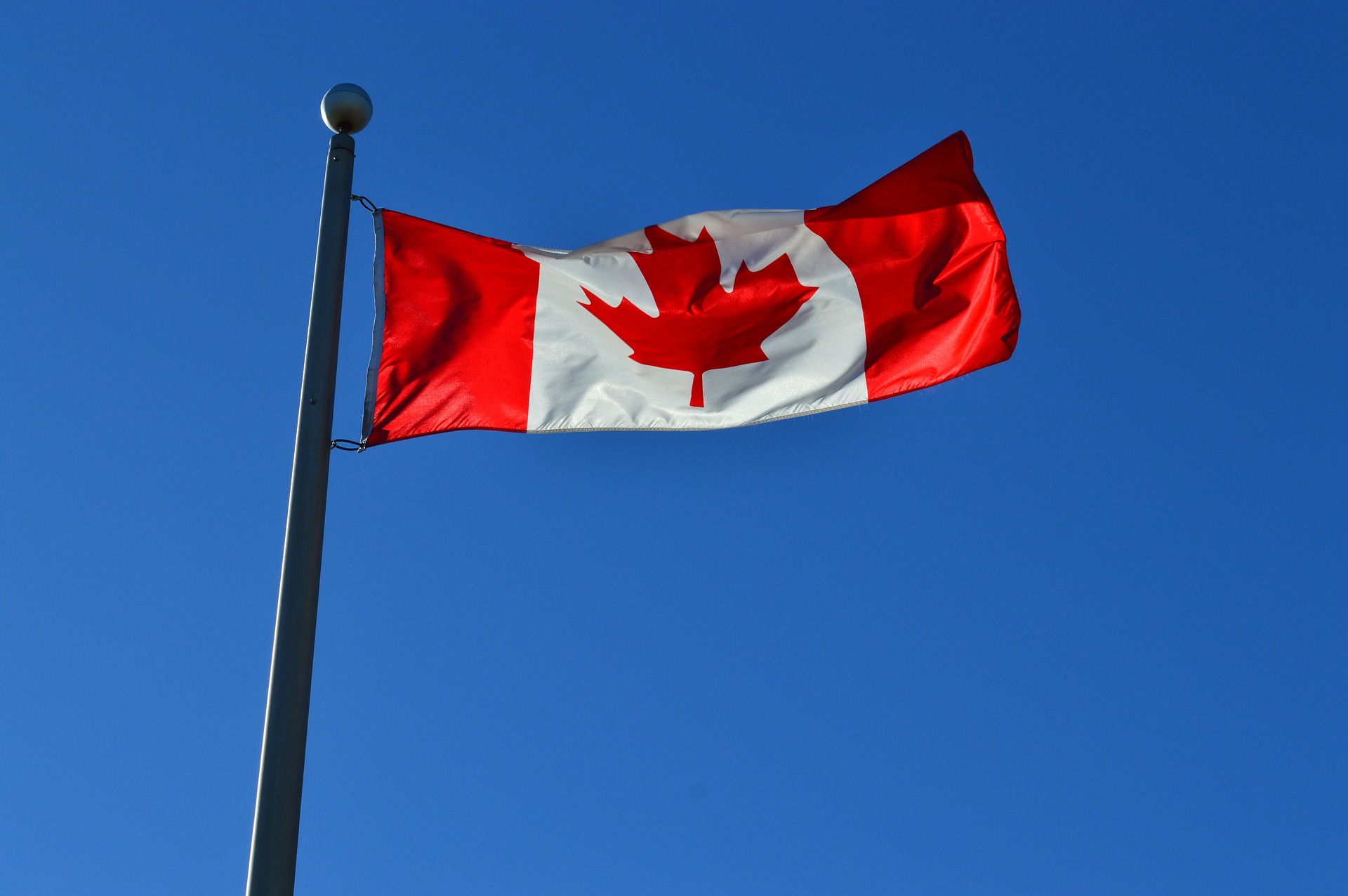Refugee Protection
A person can apply under section 96 or 97 of the Immigration and Refugee Protection Act to become a convention refugee or a protected person. To be accepted, the person must meet one of the two definitions.
They are several restrictions that apply to a person who apply for Refugee status. All applications are subjects to requirements under Canada refugee and immigration laws. For peace of mind, rely on our services to help you navigate these laws and to obtain all required documents. Contact us for a personalized consultation.
Convention Refugee: A Convention refugee is a person who, by reason of a well-founded fear of persecution for reasons of race, religion, nationality, membership in a particular social group or political opinion,
a) is outside each of their countries of nationality and is unable or, by reason of that fear,
unwilling to avail themselves of the protection of each of those countries; or
b) not having a country of nationality, is outside the country of their former habitual residence and is unable or, by reason of that fear, unwilling to return to that country
Person in need of Protection: A person in need of protection is a person in Canada whose removal to their country or countries of nationality or, if they do not have a country of nationality, their country of former habitual residence, would subject them personally to:
(a) Danger of torture or
(b) Risk of cruel or unusual treatment or punishment.
Refugee claim in Canada: You can apply for refugee status at a port of entry or at desiganted IRCC offices. Certain restrictions apply to where you can apply. Note that there are different rules and procedures depending of where you applied. If an officer decides that your refugee claim is eligible, you will be given a date for your refugee hearing at the Immigration and Refugee Board (IRB).
Refugee claim outside Canada: Canada's Refugee and Humanitarian Resettlement Program is for people in need of protection who are outside Canada and outside their home country. To come to Canada as a refugee, you must be: referred by the United Nations Refugee Agency (UNHCR) or another designated referral organization, or be sponsored by a private sponsorship group. People who can be resettled from outside Canada fall into two classes: the Concention Refugee Abroad Class and the Country of Asylum Class. Different requierements and restrictions apply to each class. There are three ways that refugees are resettled to Canada : Government-Assisted Refugees (GARs) ; Privately sponsored refugees (PSRs) and Blended Visa Office-Referred refugees (BVORs). Each stream have their specific requierements and eligiblity procedures.
Refugee Sponsorship: The Private Sponsorship of Refugees Program helps refugees to re-settle in Canada. You or your group can sponsor refugees from abroad who qualify to come to Canada. As a sponsor, you provide financial and emotional support for the refugees for the duration of the sponsorship. This includes help for housing, clothing and food. Most sponsorships last for one year, but some refugees may be eligible for assistance from their sponsors for up to three years. There are various categories, each with different requirements, that can sponsor refugees to re-settle in Canada: Sponsorship Agreement Holder, Blended Visa Office Referred Program, Groups of five, Community Sponsors and Joint Assistance Sponsorships Program.
